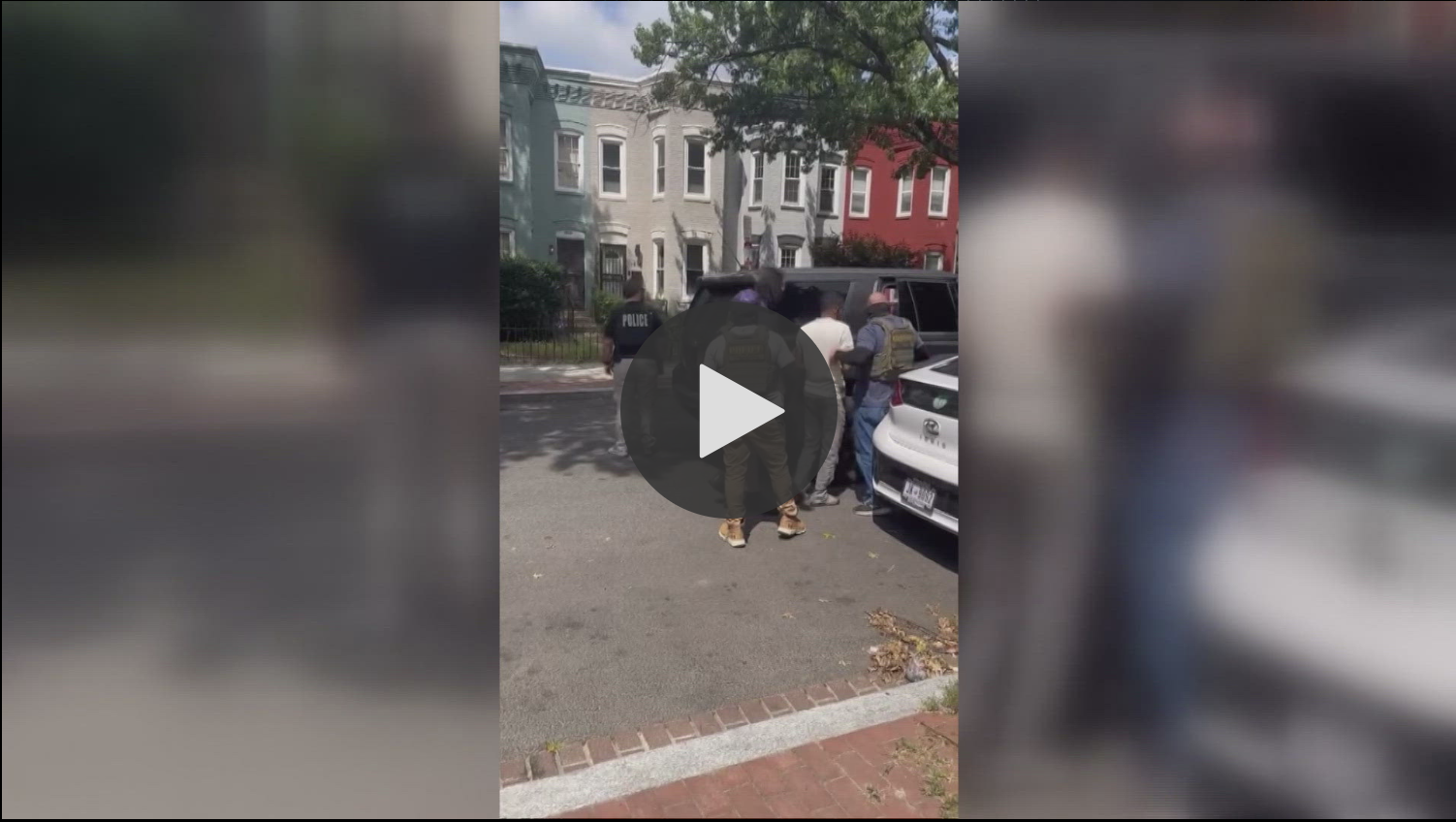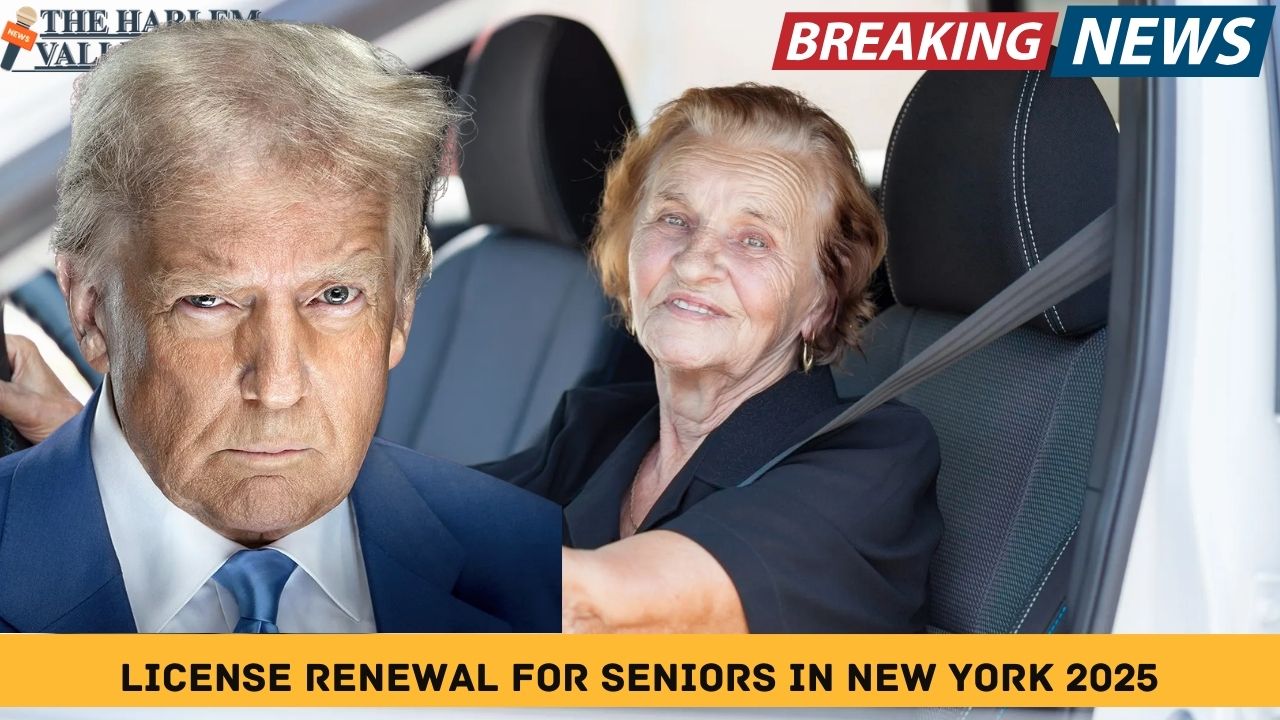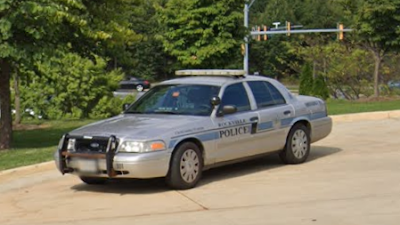In 2025, the trend of sleeping in your car—whether out of convenience, cost-saving, or necessity—has gained traction across the United States. However, before turning your vehicle into a makeshift sleeping space, it’s important to understand the legal nuances. Each state—and sometimes each city or county within it—has its own rules and regulations that determine where and when you can legally sleep in your vehicle. In Georgia, this topic has become particularly relevant as travelers, delivery drivers, long-haul commuters, and budget-conscious individuals increasingly consider sleeping in their cars as an option.
This comprehensive guide aims to provide clarity on the legality of sleeping in your car throughout Georgia in 2025. We’ll explore state laws, local ordinances in key cities and counties, relevant exceptions, enforcement trends, and practical advice. Whether you’re planning a road trip along the Appalachian foothills or working overnight shifts in downtown Atlanta, this guide will help you understand your rights—and obligations—when it comes to sleeping in your car in Georgia.
Why People Sleep in Cars
There are numerous reasons why individuals might choose—or feel compelled—to sleep in their cars:
-
Cost savings: With rising housing and lodging expenses, sleeping in a vehicle can be a cheaper alternative.
-
Convenience for road trippers and travelers: Long-distance travelers sometimes prefer to rest in the car rather than pay for a motel.
-
Work demands: Delivery drivers, ride-share workers, truckers, and other on-the-go professionals may need quick and safe rest.
-
Homelessness and transitional periods: Some individuals facing housing instability rely on vehicles for temporary shelter.
-
Emergencies and unexpected delays: Breakdown, weather conditions, or natural disasters can force travelers to sleep in their vehicles.
Understanding the “why” helps frame the broader context of legality and public policy.
Statewide Overview in Georgia
No Specific Statewide Ban
As of 2025, Georgia does not have a statewide statute expressly prohibiting sleeping in vehicles. This means that, in theory, you are not breaking state law simply by being inside your car, parked and resting overnight. It’s a notable distinction compared to some states that have blanket bans.
DUI and “In Operation” Language
That said, Georgia’s DUI laws are written to apply not only to drivers actively on the road but also to individuals considered to be “in control of a vehicle” or “in operation.” This means that if you are found asleep behind the wheel with the engine running or keys in the ignition, you could, under certain circumstances, face a DUI arrest. To avoid this:
-
Park legally, ideally with the engine completely turned off, keys removed, and the vehicle secured.
-
Avoid parking in the driver’s seat; recline the seat or sleep in the back if you’re in an SUV or minivan—makes it less likely to be deemed “in control.”
-
Be mindful of whether the vehicle appears ready for operation.
City and County Rules
Despite the absence of a statewide ban, regulations can differ dramatically across Georgia’s cities and counties. Municipal ordinances carry force and are often uneven.
Atlanta Metro Area
City of Atlanta
-
Overnight parking restrictions: The city prohibits overnight parking on many public streets between 2 a.m. and 6 a.m. Unless clearly posted otherwise, sleeping in a car during these times could lead to a ticket or vehicle tow.
-
Loitering laws: Some provisions allow police to ask sleeping individuals to move along if they appear to be loitering, especially in residential zones.
-
Commercial vehicle bans: Commercial vehicles parked overnight on residential streets may also be cited under local codes.
Fulton and DeKalb Counties
-
Both counties enforce regulations on overnight street parking that often mirror Atlanta’s.
-
If enforcement occurs in unincorporated areas, toileting and camping ordinances might be invoked.
Savannah
-
Large sections of Savannah’s historic districts and residential neighborhoods feature no‐parking signage after sunset, ostensibly to preserve neighborhood character and safety.
-
Some local business districts, parks, and waterfront areas explicitly prohibit sleeping in vehicles or loitering overnight.
Augusta-Richmond County
-
Overnight street parking restrictions in residential zones are enforced.
-
Municipal parks with parking lots often prohibit overnight stays in vehicles unless your vehicle is a registered recreational vehicle (RV) and local signage permits RV parking.
Columbus
-
City ordinance prohibits using vehicles as living quarters unless parked in authorized RV or camper zones.
-
Cars treated as temporary dwellings are considered unauthorized camping under city regulations.
Athens-Clarke County
-
Similar to Columbus, Athens has clear camping prohibitions that restrict using public or private property (including vehicles) as living quarters without permission.
-
Local enforcement of city ordinances has sometimes issued citations based on this, even when occupants are inside a vehicle.
Private Property vs. Public Property
The legality often hinges on location: public rights-of-way, municipal lots, private parking lots, or residential driveways can have different rules.
Parking Lots of Businesses
-
National chains (Walmart, Cabela’s, Cracker Barrel, etc.): Some stores unofficially allow overnight parking for self-contained RVs or vehicles, but policies are at the discretion of individual store managers. Always check posted rules or call ahead, and ask for permission first.
-
Private commercial lots: Without explicit permission (e.g. “Employees Only After Hours”) you risk trespassing, towing, or fines.
Residential Driveways and Private Land
-
If you legally own or have permission to park on private property, sleeping is typically allowed. If you’re a guest, check with the landowner.
-
City nuisance, camping, or loitering ordinances may still apply in residential zoning areas even with permission. These laws often target visible long-term occupation or filings that constitute an unsafe living situation.
Rest Areas and Highway Waysides
-
Georgia rest areas along interstates may allow brief, intermittent sleeping (e.g. 4–8 hour rest). However, lingering beyond typical break intervals or establishing campsite-like conditions may trigger enforcement.
-
Federal law (Title 36 CFR) generally prohibits camping in rest areas except where signed otherwise. Expect a time limit.
Enforcement and Penalties
Law Enforcement Practices
-
Most cases involve ticketing, towing, or being ordered to vacate.
-
Violations often fall under parking infractions or local loitering/camping laws—not criminal offenses—unless circumstances involve DUI suspicion or trespassing.
-
Repeat offenses may lead to escalating consequences: larger fines, possible impoundment, or misdemeanor charges.
Tow-and-Impound Scenarios
-
Cars parked in violation of posted parking rules or unlawfully occupying space on private property risk towing and impound fees.
-
Recovery and towing fees across Georgia range from $100 to $300, with daily storage charges averaging around $25–$40. A few days in impound can quickly escalate the cost to $500+.
Exceptions and Special Cases
Commercial Vehicle Situations
-
Truck drivers and commercial haulers who sleep on the job are governed by FMCSA Hours of Service rules for rest and log entries—but they still must abide by local parking laws.
-
Designated truck stops or weigh stations with overnight parking permitted are viable options for sleeping in semi-trucks.
RVs and Camper Vans
-
Recreational vehicles are often explicitly treated differently under municipal codes.
-
Some cities define campgrounds and RV zones where overnight stays are legal.
-
In many locales, your RV must be registered, self-contained (toilets, gray water holding tanks), and parked in designated areas. Parking an RV overnight on a typical street is frequently illegal.
Homelessness Provisions
-
Some jurisdictions may deprioritize enforcement against the visibly homeless sleeping in vehicles.
-
However, this does not guarantee legal protection; it merely reflects low priority. You can still be stopped or cited at officers’ discretion.
Tips for Sleeping in Your Car Safely and Legally
-
Know the local rules
Before sleeping in your car, check regulations for that specific city or county. Search online for official municipal codes, or call city hall or the local police non-emergency line. -
Choose legal locations
-
Private lots: obtain permission first.
-
Rest areas: check signage for any time limits.
-
24-hour businesses: call ahead, ask permission, beware of signage.
-
Residential areas: avoid blocked parking or overnight street bans.
-
-
Appear off-duty
Park in a quiet, low-traffic spot. Turn off engine, lights, and ensure your vehicle doesn’t appear “ready to drive.” Draw curtains or cover windows if needed. -
Stay safe
-
Lock all doors.
-
Keep a phone and flashlight handy.
-
Inform a trusted person of your location.
-
-
Avoid loitering violations
Don’t hang out outside; stay inside to reduce visibility and avoid “loitering” issues. -
Move periodically
Some jurisdictions require vehicles to move every 24 hours. Avoid long-term stays without relocation. -
Be polite
If approached by law enforcement, explain simply: “I’m resting briefly—I’ll leave soon.” Cooperation may prevent escalation.
Case Studies from Cities
Road Trip Across Georgia
Imagine traveling from Atlanta to Savannah and Birmingham via I-20 and I-16—a mix of urban centers and rural highways.
-
Near Atlanta: You avoid sitting on city streets past 2 a.m.; instead, you find a private truck stop with designated overnight parking for auto travelers—check posted limits and move by morning.
-
Columbus or Athens: Instead of risking fines, park behind a 24-hour retail store after calling ahead and ask permission.
-
Savannah: Park at safe rest area loops or in RV-designated lots near Tybee Island—but not within residential zones.
-
Augusta: Use a secure, legal parking area near the exits of I-20 where overnight parking is allowed for brief rests before continuing.
Shift Worker in Marietta
A ride-share driver working late-night shifts might park in designated business lots in suburban Marietta after securing employer consent and ensuring local ordinances allow it. They avoid Atlanta’s more restrictive zones, and rotate among several lots if needed.
Truck Driver in Georgia Logistics Hub
A commercial trucker resting near Macon opts for an authorized weigh station with approved overnight parking for commercial vehicles, in compliance with both FMCSA and local parking regulations.
Current Trends in 2025
-
Tighter municipal enforcement: Some cities are installing more “No Overnight Camping” signage in public parks, boat ramps, and rest areas to deter long-term vehicle dwellers.
-
Mobile rest programs: Atlanta and Savannah are piloting designated municipal lots where non-traditional dorming (cars, vans) is permitted temporarily. These come with rules, registration, and host-managed facilities.
-
State rule hearings: Georgia lawmakers are considering legislation to clarify vehicle-dwelling rights, especially focusing on older campers and low-income individuals sleeping in cars. As of mid-2025, nothing has passed, but both support and opposition exist.
-
DMV updates for RVs: New graveling mark requirements for self-contained vehicles are being rolled out, addressing environmental runoff and sanitation. Improperly equipped vehicles may be denied overnight registry permits.
In Conclusion
Sleeping in your car in Georgia in 2025 is neither completely illegal nor widely endorsed. Though no statewide prohibition exists, legality hinges on local rules and circumstances. Some key takeaways to ensure a trouble-free experience:
-
Know the area: Understand parking rules in every city or county you visit.
-
Choose wisely: Private lots with permission, designated vehicle rest areas, or peer-run overnight lots are safest.
-
Avoid perception of operation: Turn the engine off, remove keys, and ensure the vehicle is obviously parked.
-
Stay low-profile: Stay inside, respectful, move regularly, and maintain good behavior.
-
Stay informed: Keep abreast of municipal changes—2025 is seeing more policy attention to vehicle dwellers.
Understanding your rights ensures that resting in a car doesn’t become a legal or financial hazard. With careful planning and mindfulness of local laws, you can rest safely in your vehicle in Georgia—but ignoring regulations could result in tickets, tows, or worse.
Final Thoughts
Whether you’re crossing Georgia via I‑75, working night shifts along the Gulf or in metro Atlanta, or you’re simply seeking affordable travel solutions—sleeping in your car can be a viable short-term strategy. Yet, it’s not a loophole; it’s a state of careful compliance. Learn the rules for each community, respect property and local norms, and aim for safe, legitimate rest spots.
In 2025, mobility and flexibility shape how many live and work. As Georgia adapts, laws and pilot programs may continue to evolve. Stay informed, stay respectful, and you’ll find that occasional car-sleeping can be a helpful tool rather than a legal risk.
















Leave a Reply